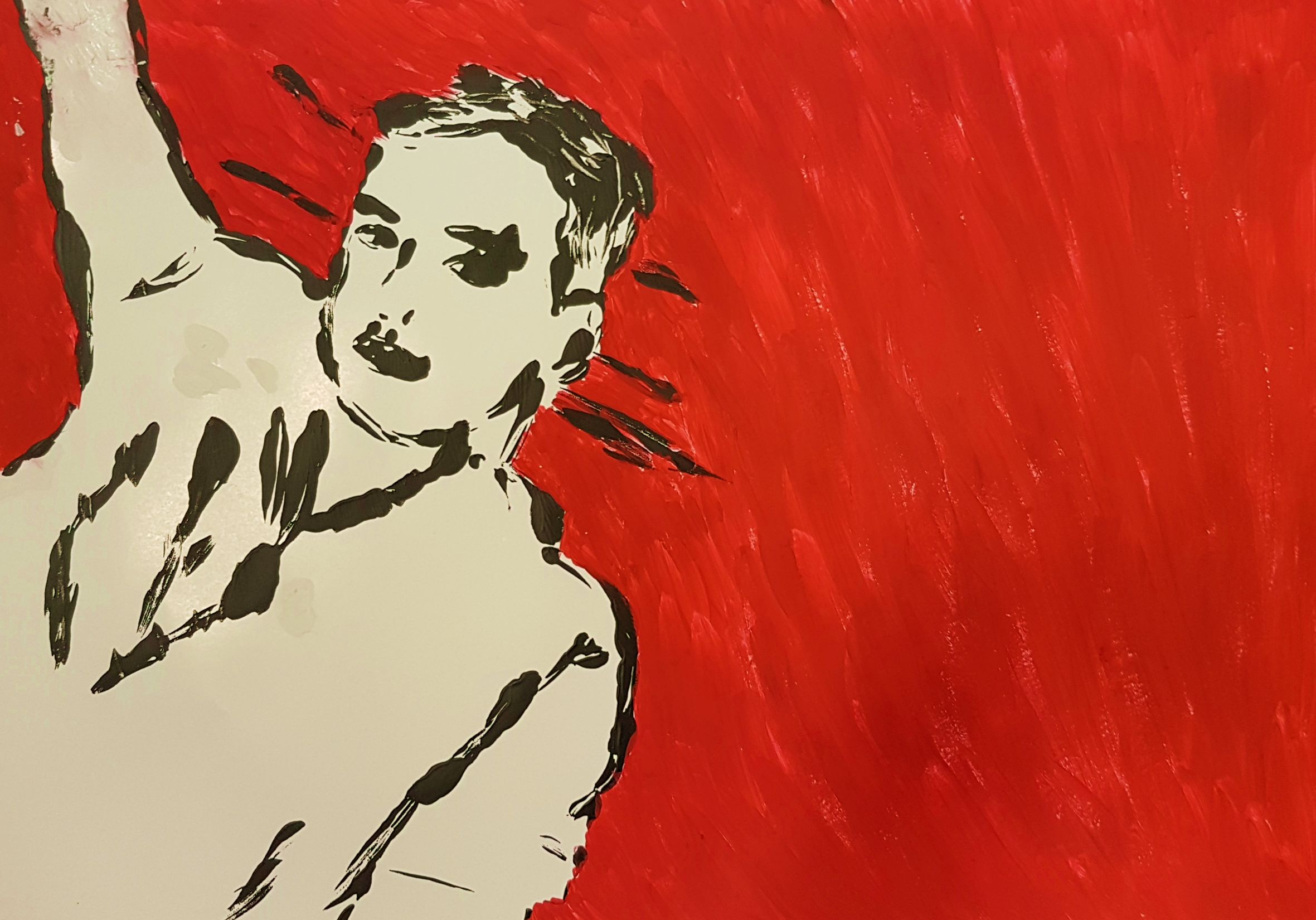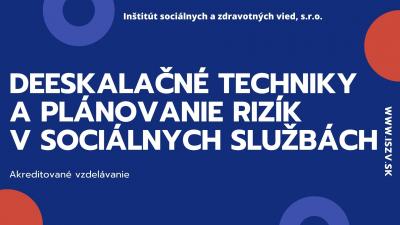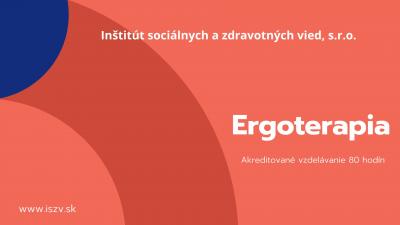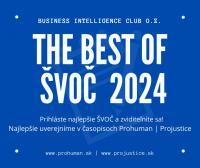Singles and their perception by society
Abstrakt: Predkladaná práca je zameraná na explikáciu fenoménu singles a ich vnímanie spoločnosťou. V teoretickej časti popisuje historické pozadie v premene vzťahov, ktoré prispelo k nárastu singles. Poukazuje na možné motívy vplývajúce na vznik singles a pozornosť venuje aj existencii gender odlišností týkajúcich sa singles. Cieľom empirickej časti je zistiť, akým spôsobom sú vnímaní singles ľudia v komparácii s ľuďmi žijúcimi v manželskom zväzku. Bol aplikovaný dotazník pozostávajúci z ôsmich opisných príbehov, ku ktorým respondenti pripisovali jednotlivé, charakteristické črty osobnosti na základe Likertovej 5-bodovej škály. Výskumný súbor tvorilo 110 participantov vo vekovej hranici 20 až 40 rokov, ktorí sú v trvalom pracovnom pomere alebo sú študentmi. Výsledky nášho výskumu ukazujú, že ľudia žijúci v manželskom zväzku sú vnímaní priaznivejšie v komparácii so singles ľuďmi. Singles ľudia boli vnímaní ako viac osamelejší, menej šťastnejší a starostlivejší než ľudia žijúci v manželskom zväzku. Avšak, singles ľudia boli hodnotení ako viac spoločenskejší a sofistikovanejší. Naše zistenia otvárajú mnohé otázky o existencii stereotypov voči singles ľuďom a zároveň podnecujú k ďalšiemu skúmaniu fenoménu singles.
Kľúčové slová: manželstvo, singles, sociálna percepcia, stereotypy.
Abstract: This thesis is focused on explanation of the phenomenon of singles and their perception by society. In the theoretical part it describes the historical background in the transformation of relationships, which contributed to the rising number of singles. It also points out motives influencing the emergence of singles and attention also focuses to existence on gender differences related to singles. The aim of the empirical part is to find out, how singles are perceived compared with people who are married. A questionnaire was used consisting of eight descriptive stories, and respondents attributed to them individual character traits based on the Likert 5-point scale. The research sample comprised of a total 110 participants, aged from 20 to 40 years who are in permanent employment or who are students. The results of our research show that married people are perceived better like singles. The singles were perceived as lonelier, less happy and less caring than people in marriage. However, singles people were rated as more social and more sophisticated. Our findings open up many questions about the existence of stereotypes against singles and stimulate people to explore the singles phenomenon.
Key words: marriage, singles, social perceptions, stereotypes.
 Foto: Peter Senko (2018)
Foto: Peter Senko (2018)





































